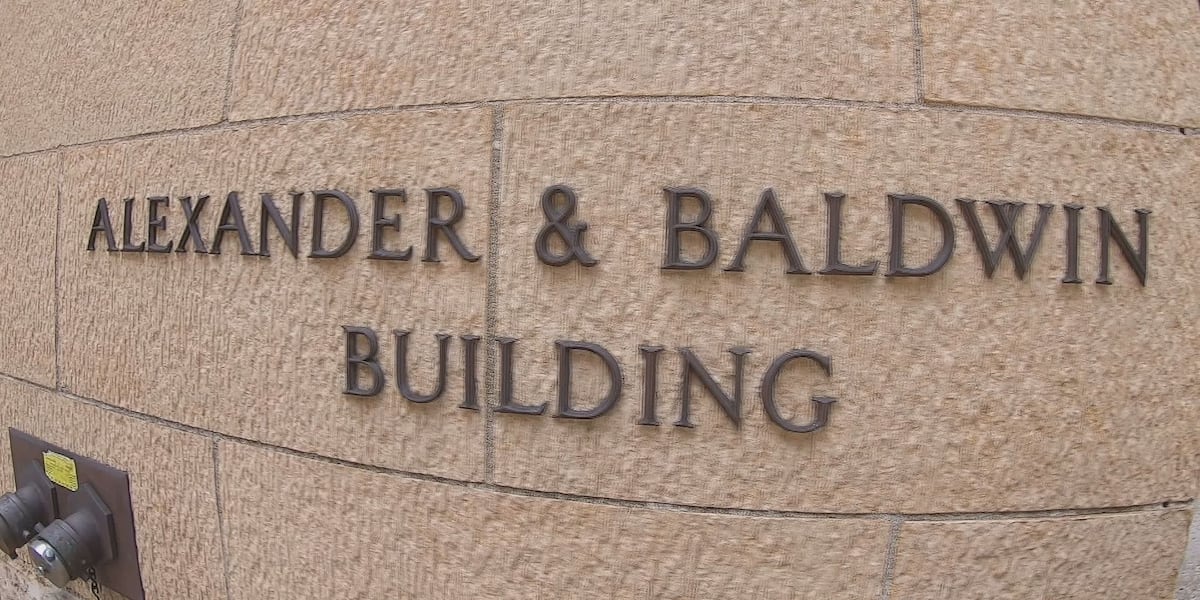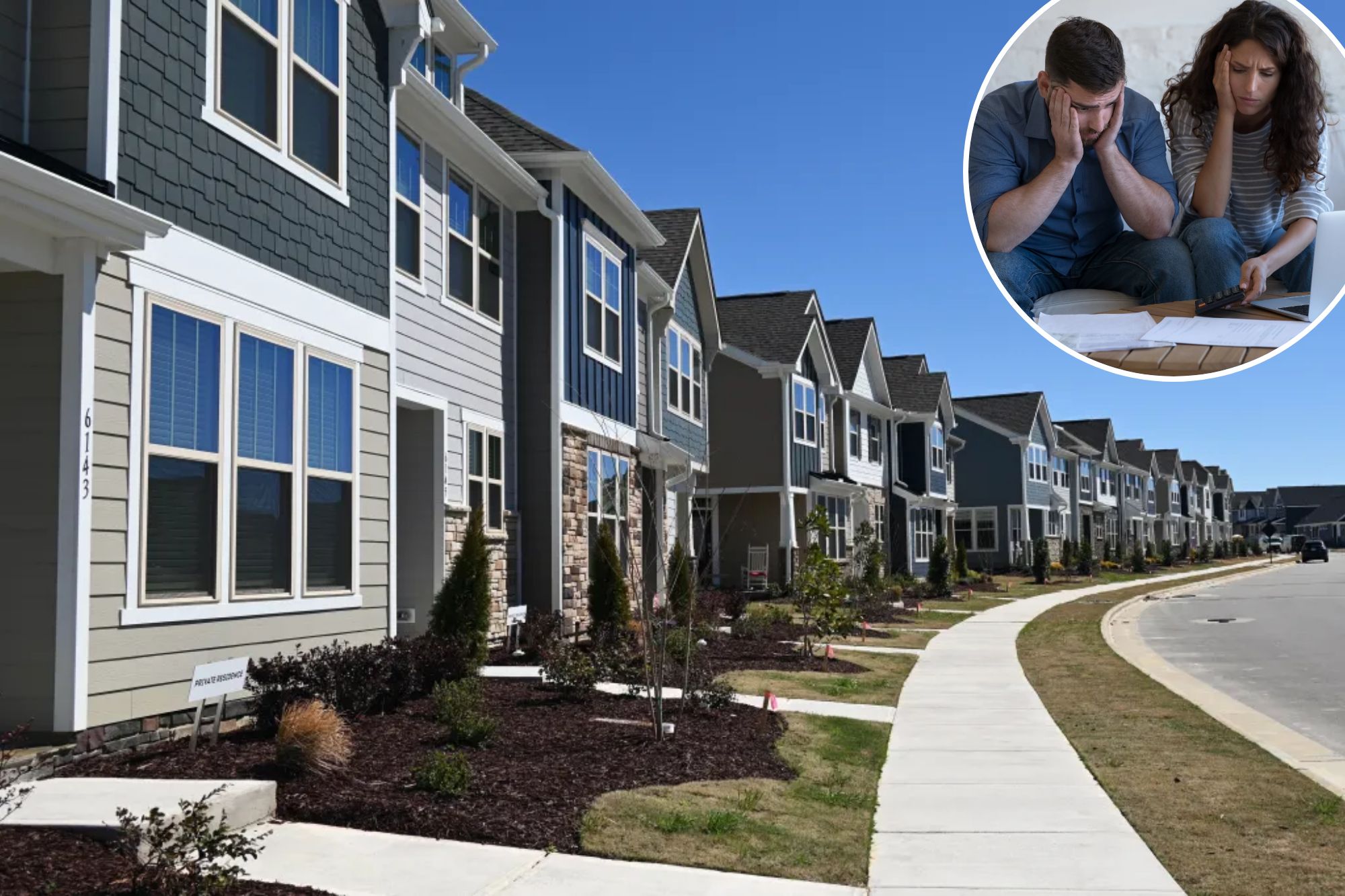S
an Francisco tech companies are leasing more office space than they need to capitalize on the current market and prepare for future growth. This trend is driving increased Class B leasing activity, as larger firms occupy high-end spaces and smaller ones seek lower-cost options.
While many tech companies still prefer flexibility and short-term leases, well-capitalized firms with strong financial backing are locking in favorable deals and positioning themselves for long-term expansion. According to commercial agents, these companies are taking advantage of San Francisco's tenant-friendly market to secure high-quality space at discounted rates, even if they don't have immediate occupancy plans.
For example, Databricks leased 150,000 square feet at One Sansome despite not needing the space immediately. This reflects a broader strategy among mature tech firms: locking in today's favorable economics as a hedge against future market tightening.
Tech companies with strong growth projections and investor backing are driving this trend. However, most tech companies still prioritize flexibility and short-term leases, which landlords could benefit from if the market picks up steam.
Even fast-growing tech companies that are leasing extra space are doing so more conservatively than in the past, given the high vacancy rates in San Francisco. As the market tightens, expansions may become more aggressive as high-quality options diminish in prime locations.
Smaller, more bottom-line oriented tech firms are increasingly interested in Class B properties, which offer lower costs and flexible terms. According to Avison Young data, San Francisco saw the highest year-over-year increase in Class B leasing activity in the nation this spring.














